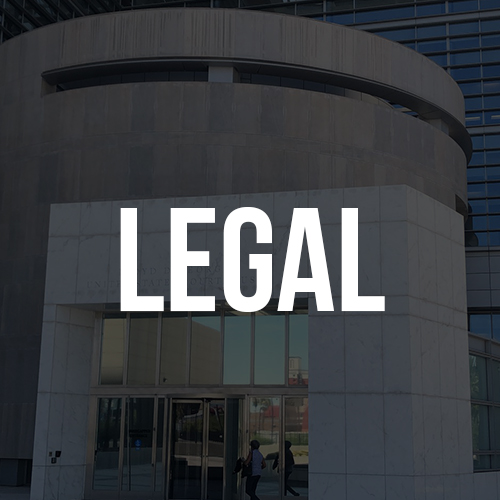On Friday, the parties in the Le and Johnson antitrust lawsuits met to go over the latest settlement proposals. While the parties provided more of a picture of the settlement, Judge Boulware remained skeptical of the original $335M settlement.
The UFC agreed to settle with a class of 1,200 athletes short of an April trial date. However, Judge Boulware was concerned with the terms agreed to by the parties. Since the Le case is a certified class action lawsuit, Boulware expressed reservations about the terms of the settlement.
According to journalist Josh Gross, who was at the hearing in person, stated that he expressed “several areas of concern” with the proposal and according to Gross “he’s leaning toward denying the deal and moving to a jury trial.”
The proposition of a jury trial would be a monumental shift for the parties. Per Gross, the potential issues involve the two lawsuits, Le and Johnson. The Le lawsuit covers the timeframe from December 16, 2010 to June 30, 2017. The Johnson lawsuit goes from July 1, 2017 until the present time and challenges the restrictive contracts that prevent athletes from working outside the UFC. According to Courthouse News, Judge Boulware cautioned that the fighters in the Johnson case might not have an adequate voice in the proceedings. Per Courthouse News, “[a]ctive athletes are subject to an arbitration clause in their contracts with UFC that previous athletes were not bound by, and the settlement does not prevent UFC from continuing to use the arbitration clause. Rather, it prevents fighters from challenging the clause, or any monopolistic practices.”

You might recall that the settlement included some concessions by Zuffa to amend its contracts for the duration of 5 years. However, even in that case, it might come back and challenged the impairment if it negatively impacted its business.
The plaintiffs’ attorney, Eric Cramer alluded to the relationship between Dana White (who will introduce the former president at the RNC Convention) and former president Donald Trump. The inference is that if the case is appealed to the U.S. Supreme Court, a right-leaning Court would side on behalf of the UFC. While that potential is in the distance, the potential that this case is litigated is moving closer.
Payout Perspective:
The issue in the latest hearing appears to be the Johnson plaintiffs as Judge Boulware expressed concern over the plaintiffs’ lack of representation in this lawsuit. Zuffa amending its fighter contracts to include class action waivers and arbitration agreements are remedial measures that Judge Boulware must weigh prior to granting relief. The plaintiffs are in a sticky situation. While the Le plaintiffs may settle on its own, it cannot based on Boulware’s concerns in Johnson. According to Gross’ post, Judge Boulware found it difficult that plaintiffs in the Johnson lawsuit would only receive $3,000 based on the settlement. The settlement would effectively negate any contractual issues between fighters and the UFC. He found this hard to agree on at this point. Presently, the settlement would mean that if a fighter in the Johnson class would want to reserve its right to sue separately, it would have to forego the $3,000 and hire their own lawyer. If they do not have the funds to pay a lawyer, they would have to take the money as negotiated by plaintiffs’ counsel. This is the harsh reality of class action lawsuits. Sometimes, members of the class have little say on the settlement.
There is a lot more to unpack here but as we unwind what is transpiring in the parties’ attempts to settle both cases, we see (in my opinion) that plaintiffs have worked up its case to a position where Judge Boulware believes that it is worth more than they are now settling for and is concerned about whether the terms of the settlement do not properly address the plaintiffs.

Leave a Reply